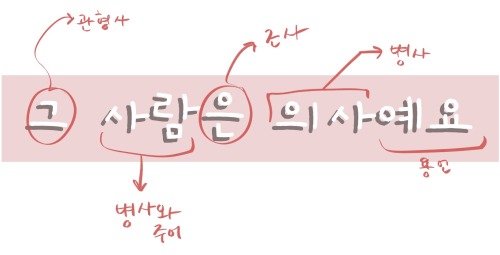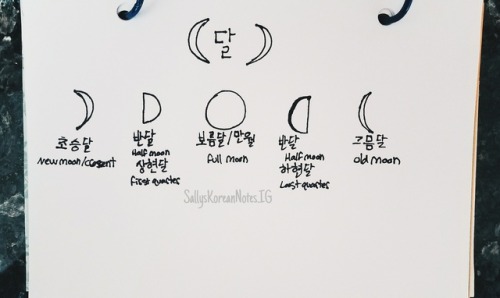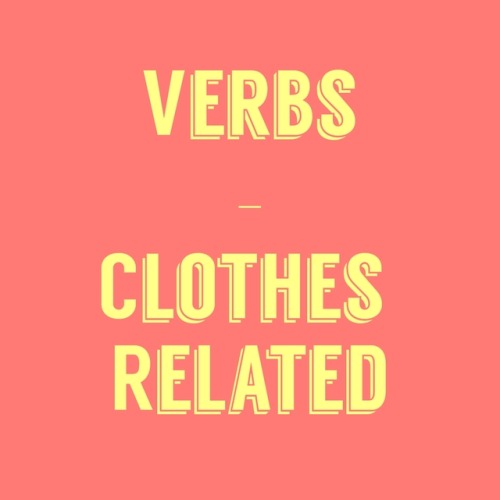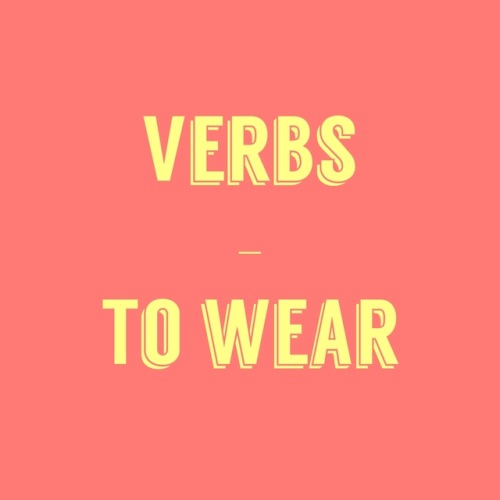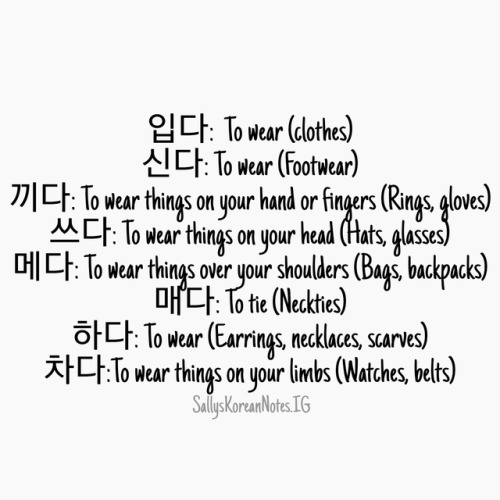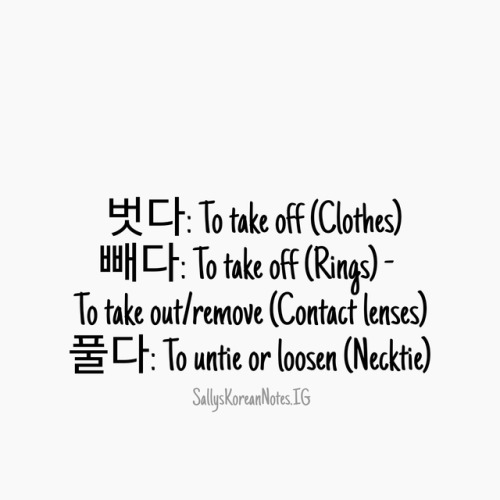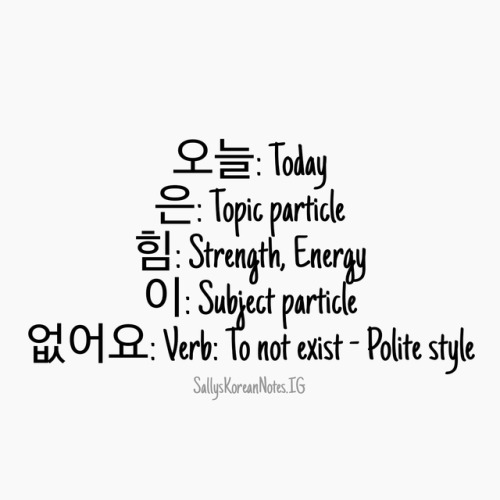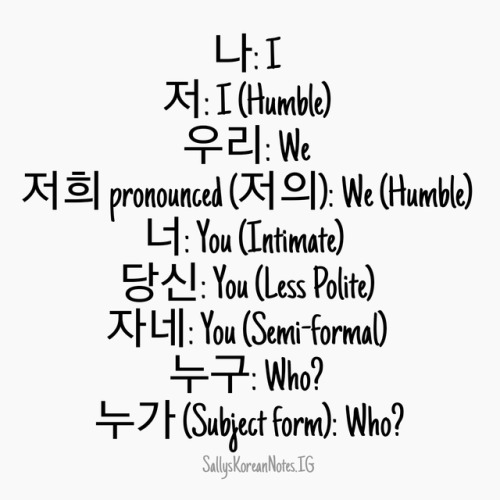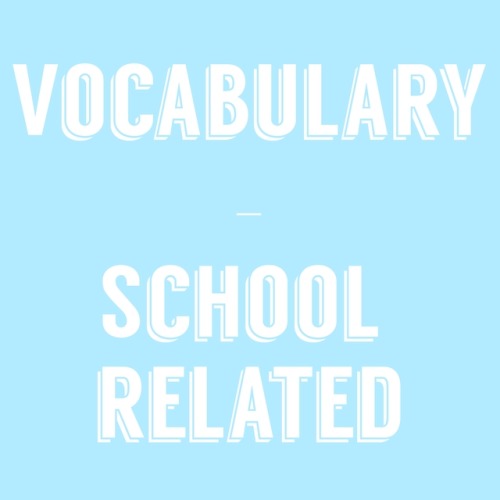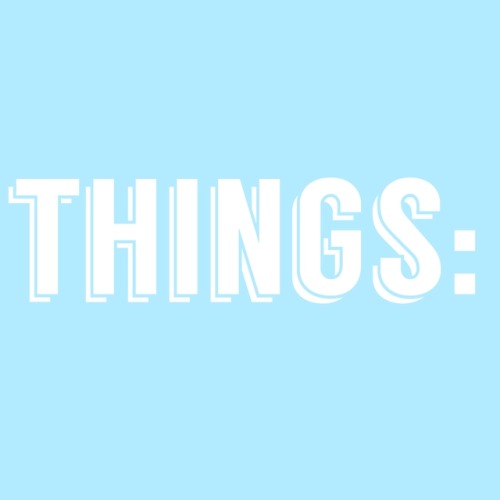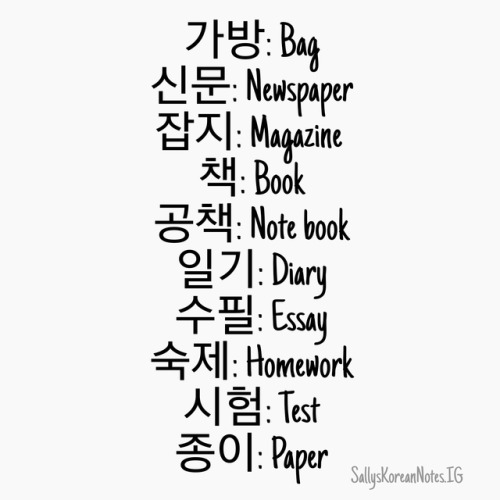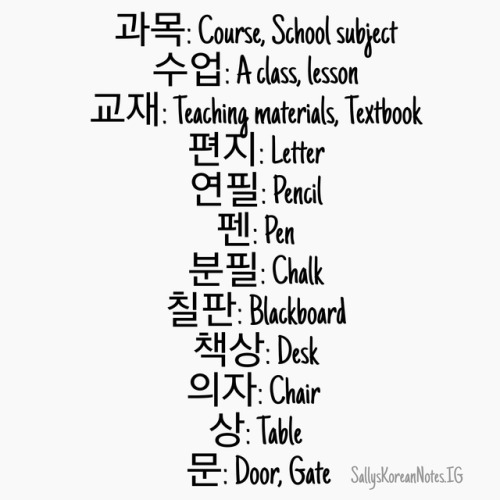#korean vocabulary
As promised, here’s PART TWO of the in depth body vocab!PART ONEcovered the face / head. Today we will look at the back, torso, and most internal organs. Enjoy <3
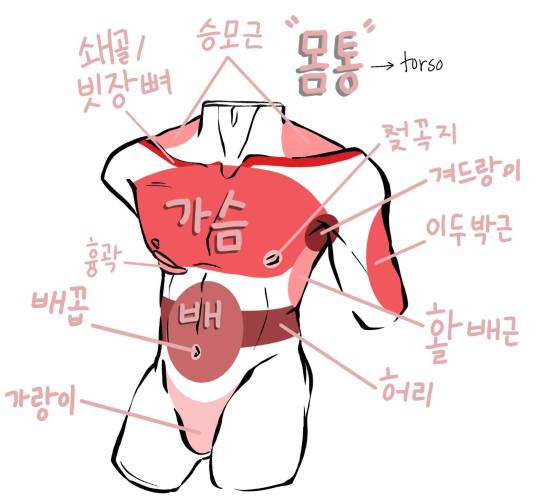
*picture is of a male presenting torso (necessary vocabulary is highlighted)
- 몸통 - torso
- 승모근 - traps
- 쇄골 / 빗장뼈 - collar bone
- major difference between 쇄골 and 빗장뼈: Both can translate to the scientific name ‘clavicle’. However, 쇄골 comes from 한자: ‘鎖骨’.
- 흉곽 - ribcage
- 가슴 - chest / breast
- 젖꼭지 - nipple
- 겨드랑이 - armpit
- 겨드랑이 털 - armpit hair
- 이드박근 - bicep
- 배 - belly, stomach (exterior)
- 배꼽 - bellybutton
- 활배근 - lats
- 허리 - waist
- 가랑이 - crotch
Example Sentences:
- 저는겨드랑이에서 땀이 괴도하게 났었어요 - I used to sweat a lot in my armpits
- 밥을 많이 먹어서 배가 너무 불러요 - My stomachis full because I ate too much
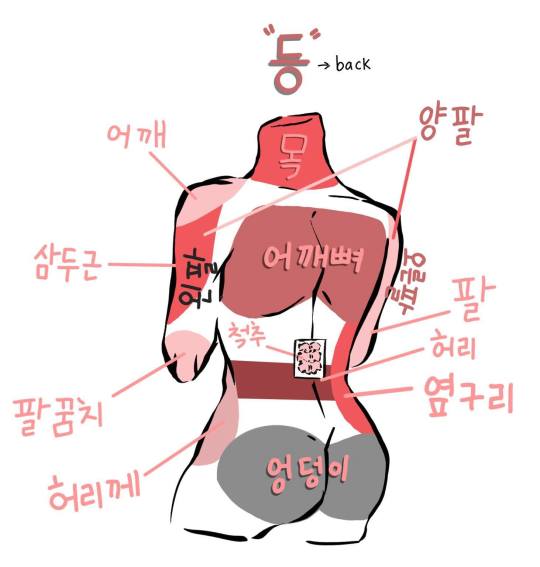
*blank back cut off at the legs and neck (necessary vocabulary is highlighted)
- 등 - back
- 목 - neck
- 어깨 - shoulder
- 팔 - arm
- 왼팔 - left arm
- 오른팔 - right arm
- 양팔 - both arms
- 삼두근 - triceps
- 팔꿈치 - elbow
- 척추 - spine
- not to be confused with 척수 which refers to the spinal cord
- 허리 - waist
- 옆구리 - side
- 허리께 - hip
- 엉덩이 - butt / buttocks
Example Sentences:
- 양팔을 위로 줄 뻗어 보세요 - Please stretch your armsout
- 하루 종일 앉아 있었더니엉덩이가 아파요 - My butthurts from sitting on it all day
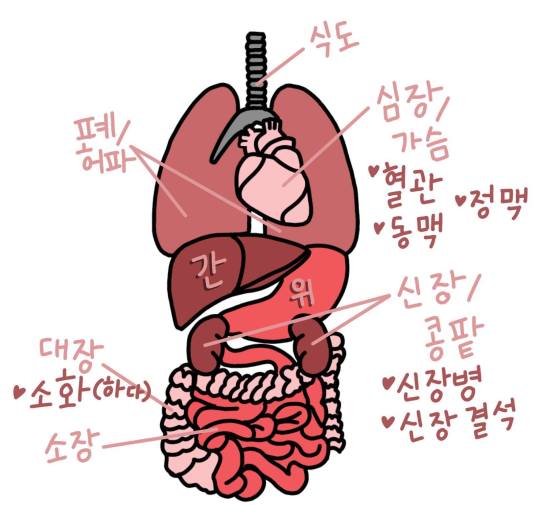
*picture of internal organs including the lungs, heart, liver, stomach, kidneys, and intestines (necessary vocabulary is highlighted)
- 장기 - organ
- 식도 - esophagus (’gullet’ in reference to animals)
- 폐 / 허파 - lung
- major difference between 폐 and 허파: 폐 is used in more medical contexts over 허파
- 심장 / 가슴 - heart
- major difference between 심장 and 가슴: 심장 refers to the literal pumping organ whereas 가슴 is the general area of the chest but can be used as an emotional heart (as opposed to 마음, which is the feeling in your heart)
- 혈관 - blood vessel
- 정맥 - vein
- 동맥 - artery
- 간 - liver
- 위 - stomach (internal)
- 신장 / 콩팥 - kidney
- major difference between 신장 and 콩팥: 신장 comes from 한자: ‘腎臟’, where 콩팥 is the native Korean version.
- 신장병 - kidney disease
- 신장 결석 - kidney stone
- 장 - intestine
- 대장 - large intestine
- 소장 - small intestine
- 소화 (하다) - digestion (to digest)
- 혈액 / 피 - blood
- major difference between 혈액 and 피: 혈액 is the medical form!
Example Sentences:
- 저는 수년간 위에 문제가 있어 왔어요 - I’ve had issues with my stomach for years
- 어젯밤 먹은 게 고화가 잘 안 돼요 - I’m having trouble digesting what I ate last night
Extra Vocab to Know:
- 배설(하다) - excretion (to excrete)
- 대변 / 똥 - stool or poop
- major difference between 대변 and 똥: 대변 is more like feces whereas 똥 is much more casual in speech
- 소변 / 오줌 - urine or pee
- major difference between 소변 / 오줌: same as above, 소변 is more like urine where 오줌 is more casual
- both 소변 and 대변 come from 한자: 大便 (대변) and 小便 (소변)
- 싸다 - to poop/pee
- 누다 - to poop
- 음경 - penis
- 자궁 - womb
This is obviously for educational purposes, so I hope tumblr lets it stay up. But here’s PART TWO of the in depth body vocab!
Happy Learning :)
~ SK101
anon asked: 안녕하습니다 for the request thing can you do a more indepth blog on the body? 고맙습니다
Yes! I very much can! To piggyback off this ask, I’m going to include certain systems of the body as well. This will be PART ONE of the in depth body posts! Please refer to my first body post to get the basics!

*pictured above is a plain face with closed eyes, highlighting the ears (vocabulary pointing to the necessary region)
- 머리 / 고개 - head
- major difference between 머리 and 고개: 머리 is used for the general region of the head (plus the brain and everything inside) whereas 고개 is used primarily for any movement of the head.
- 머리카락 / 머리칼 - hair
- 얼굴 / 낯 - face
- major difference between 얼굴 and 낯: 얼굴 refers to a physical face whereas 낯 refers to a mental/abstract face (see examples below).
- 이마 - forehead
- 눈 - eye
- 코 - nose
- 입 - mouth
- 턱 - chin
- 볼 / 빰 - cheek
- major difference between 볼 and 빰: 볼 refers to the centre of the cheek whereas 빰 refers to the general area. For example, you would pinch 볼 but slap 빰.
- 귀 - ear
- 귓속 - inner ear
- 코클레어 / 달팽어관 - cochlea
- 청각 신경 - auditory nerve
- 안면 신경 - facial nerve
- 중이 - middle ear
- 고막 - eardrum
- 외이 - outer ear
- 연골 - cartilage
Example Sentences:
- 태호는 낙담해서 고개를 저었어요 - Tae-Ho shook his headin despair.
- 음식에머리칼이 있습니다! - There’s a hairin my food!
- 낯/얼굴이 뜨거워요:
낯 = I’m embarrassed > the faceis hot (more abstract)
얼굴 = the faceis hot > I’m embarrassed (more concrete) - 괜찮아요? 네 이마에 열이 있잖아요.. - Are you ok? Your foreheadfeels hot.
- 눈을 감고 소원을 빌어 봐요! - Close your eyesand make a wish!

*picture is of a plain face with open eyes; to the top right, the left eye is opened (vocabulary pointing to the necessary region), to the bottom right, an open mouth with a tongue sticking out (vocabulary pointing to the necessary region).
- 눈썹 - eyebrow
- 속눈썹 - eyelash
- 눈가 - eye rim (general eye area)
- 눈꺼풀 - eyelid
- 눈동자 - pupil
- 홍채 - iris
- 콧구멍 - nostril
- 코털 - nose hair
- 입술 - lips
- 혀 - tongue
- 잇몸 - gums
- 이 / 치아 - tooth
- major difference between 이 and 치아: 이 is a more casual, newer version of “tooth”, whereas 치아 is more formal and comes from 齒牙 in 한자 (sometimes, reference is related to ‘dental/dentistry’)
- not to be confused with 이빨 - tooth (usually for non-human animals)
- 어금니 - molar
- 사랑니 - wisdom tooth
Not Mentioned:
- 뇌 - brain
- 두개골 - skull
Example Sentences:
- 입술이 계속 트고 갈라져요 - My lipsare still cracked and chapped
- 혀를 내밀어 보세요 - Please stick out your tongue.
- 식사 후에 이를 꼭 닦으세요 - Make sure you brush your teethafter eating.
- 입을 크게 벌리세요 - Open your mouthwide!
Verbs to Remember:
듣다 - to listen
들리다- to hear
귀기울이다- to listen carefully
엿듣다- to eavesdrop
먹다- to eat
깜박거리다- to blink
Reminder: this is PART ONE of the in depth body posts! I got a fair amount of requests but my inbox is still open! I look forward to everyone’s ideas!
If there’s anything you’d like to add, feel free! Pictures drawn by me as all things are on this blog; please do not repost without my permission.
Happy Learning :)
~ SK101
품사 - Parts of Speech
Since my post from yesterday, I got a lot of requests to do more linguistic terms. I don’t think this is a comprehensive list, so if there’s any that you know that aren’t here, put it in the chat! Enjoy <3
♡ 자음 – consonant
ex. ㄱ, ㄷ, ㄴ, ㅅ, ㅇ
♡ 모음 – vowel
ex. 아, 어, 이, 애
Hangul [ x||x]
♡ 초성 – word-initial consonant
ex. ㅂ in 볶음
♡ 중성 – word-medial consonant
ex. ㄲ/ㅇ in 볶음
♡ 종성/ 받침 - word-final consonant (받침 literally means “support”)
ex. ㅁ in 볶음
♡ 글자 – letter
♡ 발음(하다) – pronunciation (to pronounce)
ex. 볶음 -> 보끔
♡ 예사소리/평음 – plain consonant (lit. ordinary sound/peaceful note)
ex. ㄱ, ㅂ, ㄷ, ㅅ, ㅈ
♡ 된소리/경음 – tense consonant (lit. Fortis sound/hard note)
ex. ㄲ, ㅃ, ㄸ, ㅆ, ㅉ
♡ 거센소리/격음 – aspirated consonant (lit. rough sound); 거센 from 거세다 (to be rough/violent)
ex. ㅋ, ㅍ, ㅌ, ㅊ
✿ 한국어를 배우는 외국인들은 된소리와 거센소리의 발음을 어려워한다. Foreigners learning Korean have a difficult time pronouncing tense and aspirated sounds.✿
♡ 복합어 – compound
ex. 물고기 (물 “water” + 고리 “meat”), 남자친구 (남자 “boy/man” + 친구 “friend”)
♡ 파생어 – derivative
ex. -관 (building – from 館); 영화 “movie” + -관 = 영화관 “theatre (lit. movie building)”
♡ 접두사 – prefix
ex. 되- (similar to “re-” prefix in English); 되- + 들다 “to enter” = 되들다 “to reenter”
♡ 접미사 – suffix
ex. -님 (polite title for someone older/you don’t know); 기사 “driver” + -님 = polite form to address the driver
♡ 어간 – stem
ex. 먹 from 먹다
♡ 어미 – ending
ex. -고 있다 (progressive tense); 먹다 + -고 있다 = 먹고 있다 “to be eating”
♡ 속어 – slang expression
♡ 숙어 – idiomatic expression
♡ 반의어 – antonym
♡ 유의어 – synonym
♡ 어원 – origin / etymology
♡ 예문 – example
♡ 용언 – a conjugated verb
More Parts of Speech - Related to the Sentence
♡ 명사 – noun
ex. 연필 “pencil”, 사람, “person”, 중국 “China”
♡ 대명사 – pronoun
ex. 나 “I/me (informal)”
♡ 수사 – numeral [go here]
♡ 동사 – verb [x || x || x]
자동사 – intransitive verb (cannot take a direct object)
타동사 – transitive verb (must take a direct object)
♡ 형용사 – adjective
ex. 예쁘다 “to be pretty”, 슬프다 “to be sad”
♡ 관형사 – determiner
ex. 이 “this”, 그 “that”, 저 “that over there”
♡ 부사 – adverb
ex. 나중에 “late”, 천천히 “slowly”
♡ 조사 – particle/postposition
ex. 은/는, 이/가, 을/를, 도, 에/에서
♡ 감탄사 – interjection
ex. 우와! “wow”, 아야 “ouch”, 대박 “amazing”, 헐 “omg”, 뭐라고?/뭐? “what?”
♡ 문법 – grammar
♡ 시제 – tense
ex. 과거 (시제) “past”, 현재 (시제) “present”, 미래 (시제) “future”
♡ 인칭 – person
ex. 1(일)인칭 (단수) “first person (singular)”, 3(삼)인칭 (복수) “third person (plural)”
♡ 구(문) – phrase [x || x || x || x]
♡ 절 – clause
♡ 문장 – sentence
♡ 주어 – subject
♡ 서술어 – predicate
♡ 목적어 – object
직접 목적어 – direct object
간접 목적어 – indirect object’
Hope this helped! Happy Learning :)
~ SK101
Post link
anon asked: 안녕하세요! My Korean friends keep telling me bad words in Korean but not tell me what they mean! Please help me know what they mean? Can you give a list of all the swears in Korean?
Hello! 안녕하세요! I did an ask similar to this I can link them here [x].
AS A REMINDER: This is for educational purposes only! Please read the following blog with caution. I will censor all words, so use your imagination.
- 놈 - b*stard
- 년 - b*tch
- 좆 - d*ck/c*ck (this word can usually be combined with other swears)
- 개새끼 - SOB // son of a b*tch (can be shortened to 개새)
- 씨발 - f*ck
- 젠장 - damn it!
- 병신 - jerk / *sshole
- 엿먹어 - f*ck you
- 꺼져 - get the hell out / leave me the f*ck alone
- 보지 - p*ssy
- 좆됐어 - i’m f*cked / it’s f*cked
- 미친(놈/년) - crazy b*stard / b*tch
- 좆나//존나 ‘x’ - f*cking ‘x’
> you can use this like 존나 맛있어 - fkn delicious! - 변태 - pervert
These are really the only ones I know - so if other ppl have more, put them in the comments or reblog to help anon out!
I hope this helps! Now when your Korean friends tell you a bad word, you can trick them haha! Best of luck and Happy Learning :)
~ SK101
I’ve gotten a couple messages asking for a masterlist! And for the sake of easy access/organisation: here it is!
*for future reference the masterlist link should be under my profile pic on my homepage!
KOREAN LESSONS
main series lessons:
Greetings/Basics
L12_Sayings to start and end a meal
Identifying objects
L7_Descriptive Modifiers: This, That, The
Topic + Subject Markers
L9.01_Topic marker nuances (with Jin)
L9.02_Topic marker nuances (with Namjoon)
Conversational: affirmations/negations/asking
L11_To give, asking for something
Tenses
Work/Occupations
Locations/Time
L18_Location marking particles
KOREAN VOCAB
K-DRAMA VOCAB
K-SERIES: TOPIK flashcard vocab (integrated context method)
Verbs with BTS:
Korean body parts with Taehyung:
Test yourself reviews:
*Will be updated regularly!
All the Korean Content i’ve made so far :) Thank you for all your love for my posts! I hope you are all learning well!!
(7 hearts for all the 7 members of BTS ㅋㅋㅋㅋㅋㅋ)
If you 잠을 설치다 you can feel grumpy and moody. There are many reasons that you might 잠을 설치다. Maybe it is because someone is 코를 골다. Or they are 잠꼬대를 하다. Or they might even be 이를 갈다.
Whatever the case it is pretty annyoing right. Because of these probles you are always 뒤척이다 all night.
Vocab:
잠을 설치다 (잠을 설쳐요). When you cannot sleep well because of a problem or a cause.
코를 골다 (코를 골아요) - When someone is sleeping and they make a horrible sound through there mouths and noze normally simbolised as ‘zzzzz’
잠꼬대를 하다 (잠꼬대를 해요) - An action used to describe a person or thing that will talk while they are sleeping.
이를 갈다 (이를 갈아요) - When someone is rubbing their teeth together.
뒤척이다 - when you feel uncomfortable while lying down so you turn in different positions until you feel comfortableKorean vocab — 홀수, 짝수

홀수 = odd-number, 짝수 = even-number
“내 손안에 있는 구슬의 숫자가 홀수냐,짝수냐.. 이것만 맞히면 돼.” (You simply have to guess whether the number of marbles in my hand is odd or even.) — Cho Sang-Woo to Ali, Squid Game
Korean Vocab: Earth, Nature, Environment
지도 (map)
숲 forest (= 삼림)
해안 coast (= 연안)
해협 strait (대한해협 Korean strait, the one separating Korea and Japan)
도시 city, town (대도시 metopolitan city, 소도시 small city, 환경도시 green city, 산업도시 industrial city, 교육도시 educational city, 어촌 fishing village)
시골 countryside
수도 capital
마을 village (천통마을 traditional village)
대륙 continent
영토 territory (= 영역)
반도 peninsula
육지 land
경도 longitude
위도 latitude
적도 equator
남극 South Pole
북극 North Pole
자연 (nature)
들판 field
고원 highland, plateau
평원 plain
사막 desert
절벽 cliff
산 mountain (산꼭대기, 정상 peak, 산등성이 ridge)
언덕 hill
샘 spring
폭포 waterfall
수로 wateway
계곡 valley (= 골짜기)
강 river
천 stream
호수 lake
만 gulf, bay (= 내포)
대양 ocean (= 해양)
바다 sea
해변 shore (= 해안)
장면 scene (= 경치)
경관 scenery (= 풍경)
전경 panorama (= 장관)
수평선 the horizon (= 지평선)
화산 volcano
늪 a swamp, a bog (= 습지)
섬 island
동굴 cave
밀림 jungle, dense forest (= 정글)
바다의 움직임 (sea movement)
조수 the tide
썰물 ebb, low tide
만조 high tide
밀물 rising tide
파도 wave
물결 ripple
거품 foam (= 포말)
I realized that I hadn’t updated my blog in so long that I decided to add another post, this time a short introduction to Han Kang’s The Vegetarian in Korean. Check it out:
This is part 1 for places. I’ll be posting stores, places to stay, and places to eat soon!
For now, here’s Leisure places:
극장: Theater for plays
영화관: Theater for movies
노래방: Karaoke room
도서관: Library
헬스장: Gym
운동장: Play field
수영장: Pool
공원: Park
놀이터: Playground
Follow@SallysKoreanNotes on Instagram for daily Korean notes and vocabulary!
Post link
List of fruits with illustrations. So I made a new binder/notebook to make my notes a lot more organized. I’m having a lot of fun with it and drawing the pictures helps me memorize the vocabulary. I didn’t write the english equivalent in my notes, I just memorized them with the drawings like how you teach kids with pictures and the word in the language. I think it’s better to learn like this. Some of them are a bit hard to make out so I’m posting the list below with the English equivalent. I hope this is helpful.
과일: fruit
사과: apple
바나나: banana
체리: cherry
레몬: lemon
오렌지: orange
복숭아: peach
파인애플: pineapple
산딸기: raspberry
딸기: strawberry
블루베리: blueberry
크랜베리:cranberry
자두: plum
포도: grapes
수박: watermelon
배/서양배: pear
자몽: grapefruit
살구: apricot
석류: pomegranate
귤: tangerine
키위: kiwi
코코넛: coconut
망고: mango
올리브: olives
대추야자: dates
천도 복숭아 / 승도 복숭아: nectarines
무화과: fig
Let me know what other vocabulary you would like to learn next!
Follow@SallysKoreanNotes on Instagram for daily Korean notes and vocabulary!
Post link
Phases of the moon!
달: Moon
초승달: New moon/crescent
반달 - 상현달: Half moon - first quarter
보름달/만월: Full moon
반달 - 하현달: half moon - last quarter
그믐달: old moon
Follow@SallysKoreanNotes on Instagram for daily Korean notes and vocabulary!
Post link
Time to learn about place nouns! Read the lesson of Location Particles before reading this!
Info from Elementary Korean Second edition.
Follow@SallysKoreanNotes on Instagram for daily Korean notes and vocabulary!
Post link
So many verbs relating to clothes ! Ah haha it seems intimidating but once you study them it gets easier! Good luck!:)
Follow@SallysKoreanNotes on Instagram for daily Korean notes and vocabulary!
Post link
Today’s phrase of the day!
오늘은 힘이 없어요.
Follow@SallysKoreanNotes on Instagram for daily Korean notes and vocabulary!
Post link
Important basic vocabulary to memorize.
I, You, We, Who:
나: I
저: I (Humble)
우리: We
저희 pronounced (저의): We (Humble)
너: You (Intimate)
당신: You (Less Polite)
자네: You (Semi-formal)
My, Your:
내: My
제: My (Humble/Polite)
네: Your
Follow@SallysKoreanNotes on Instagram for daily Korean notes and vocabulary!
Post link
Things:
가방: Bag
신문: Newspaper
잡지: Magazine
책: Book
공책: Note book
일기: Diary
수필: Essay
숙제: Homework
시험: Test
종이: Paper
과목: Course, School subject
수업: A class, lesson
교재: Teaching materials, Textbook
편지: Letter
연필: Pencil
펜: Pen
분필: Chalk
칠판: Blackboard
책상: Desk
의자: Chair
상: Table
문: Door, Gate
Places:
방: Room
학교: School
대학교: University
교실: Classroom
기숙사: Dormitory, Residence hall
도서관: Library
서점: Bookstore
캠퍼스: Campus
학생회관: Student Union [building]
연구실: Professor’s Office
Follow@SallysKoreanNotes on Instagram for daily Korean notes and vocabulary!
Post link
Korean Words #8
All words can be found in Astro’s All Night (전화해)
결국 (gyeolguk) = eventually
한껏 (hankkeot) = as much as possible
살짝 (saljjak) = slightly
의미 (uimi) = sense / meaning
밤새 (bamsae) = all night
모습 (moseup) = appearance
전하다 (jeonhada) = to convey (a message)
졸리다 (jollida) = to feel sleepy
나른하다 (nareunhada) = to feel drowsy / sluggish
포근하다 (pogeunhada) = to be cozy
야릇하다 (yareut-hada) = to be odd
부지런하다 (bujireonhada) = to be hardworking / diligent
고민하다 (gominhada) = to worry
일어나다 (ireonada) = to get up
끊기다 (kkeunkida) = to be cut off / disconnected
Korean vocab #7
all words can be found in IKon’s Goodbye Road (이별길)
- 무덤덤하다 (mudeomdeomhada) = to be calm
- 뜨뜻미지근하다 (tteutteunmijigeunhada) = to be halfhearted / nonchalant
- 험하다 (heomhada) = to be rough
- 잔인하다 (janinhada) = to be cruel
- 내뱉다 (naebaetda) = to spit / to blurt out
- 아프다 (apeuda) = to be hurt
- 버리다 (beorida) = to throw away
- 감정 (gamjeong) = one’s emotions / feelings
- 상처 (sangcheo) = wound
- 집착 (jipchak) = obsession
- 관심 (gwanshim) = interest
- 신뢰 (shinlwe) = faith (in someone), trust (in someone)
- 추억 (chueok) = memory
- 고작 (gojak) = at most…
Nationality
Saying your nationality
어느 나라 사람이에요? = What is your nationality?
저는 ____ 사람입니다 = I am _____
어디에서 왔어요? = Where are you from?
저는 _____에서 왔어요 = I am from _____
*fill in the blanks with country names, even in the nationality category because it literally translates to “I am a (Korea) person*
Country name list
USA = 미국
Canada = 캐나다
Japan = 일본
China = 중국
South Korea = 한국
Germany = 독일
Australia = 호주
India = 인도
France = 프랑스
United Kingdom = 영국
Taiwan = 대만
South Africa = 남아프리카
*i won’t name every country/location, if you need to know your country just dm me and i can translate!*

